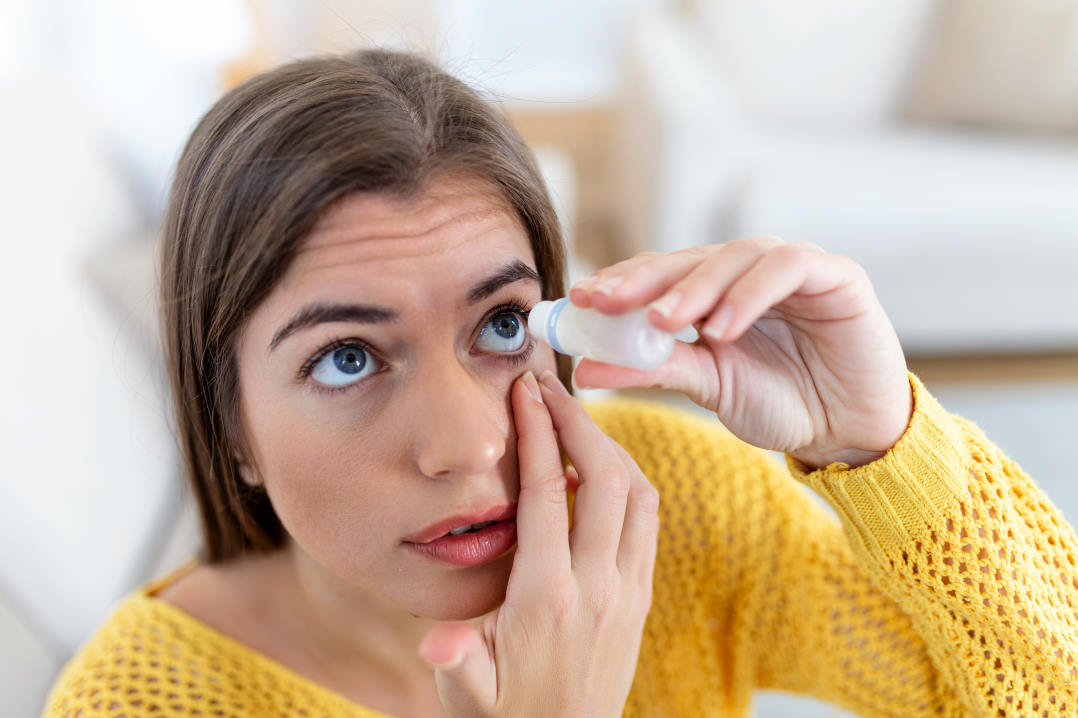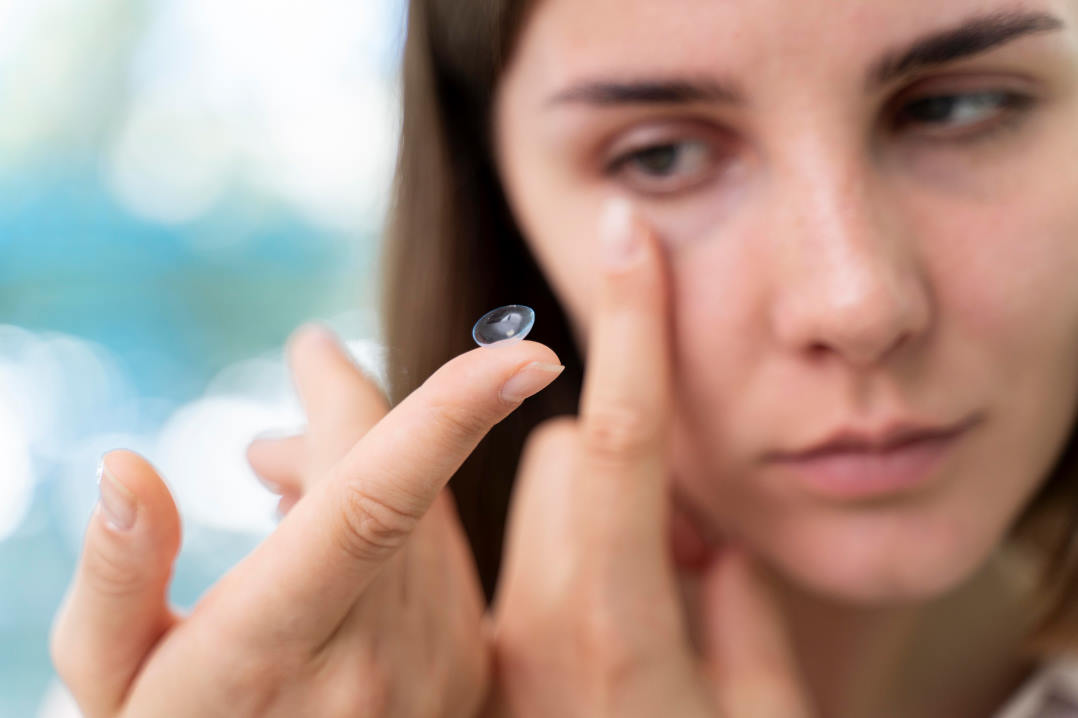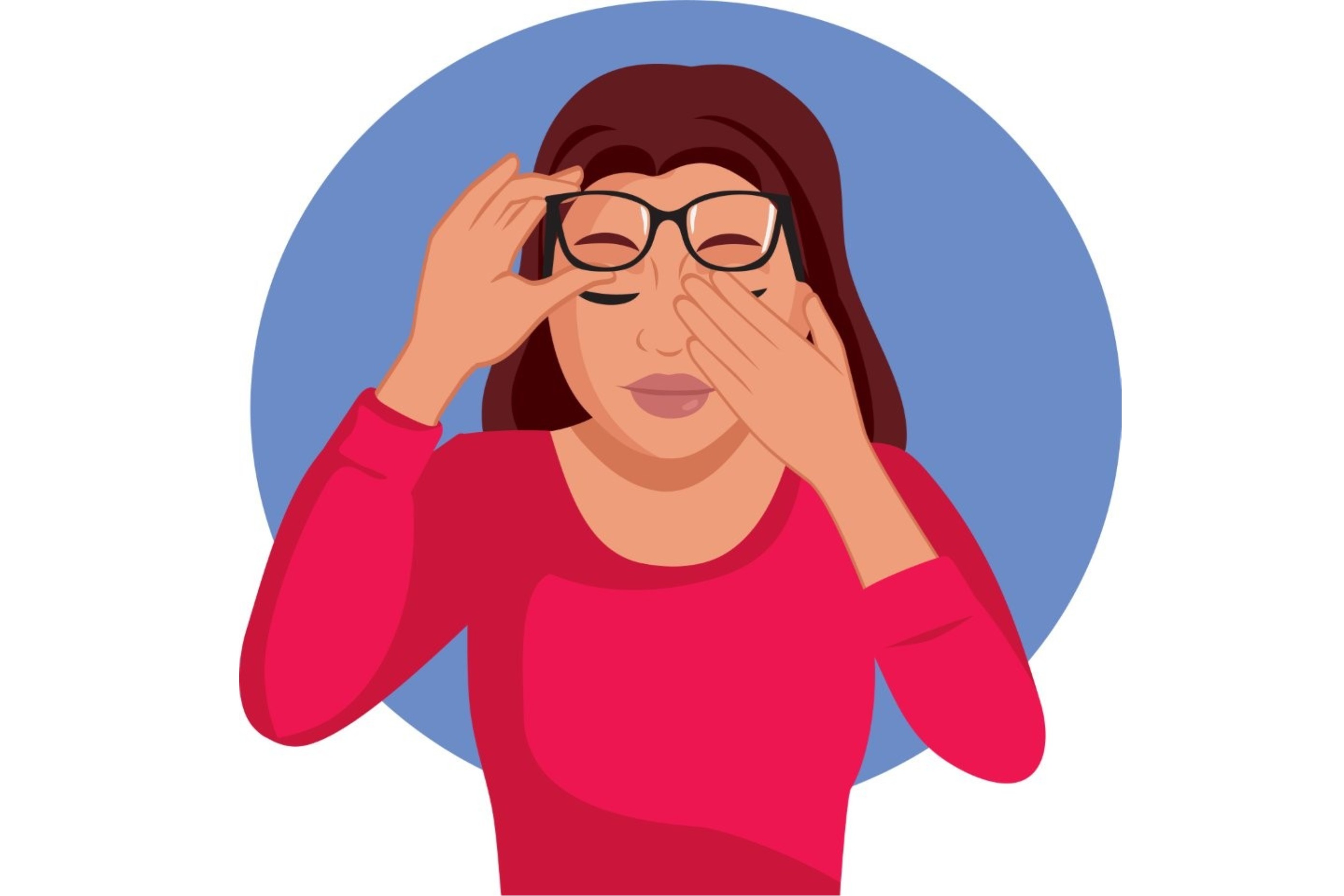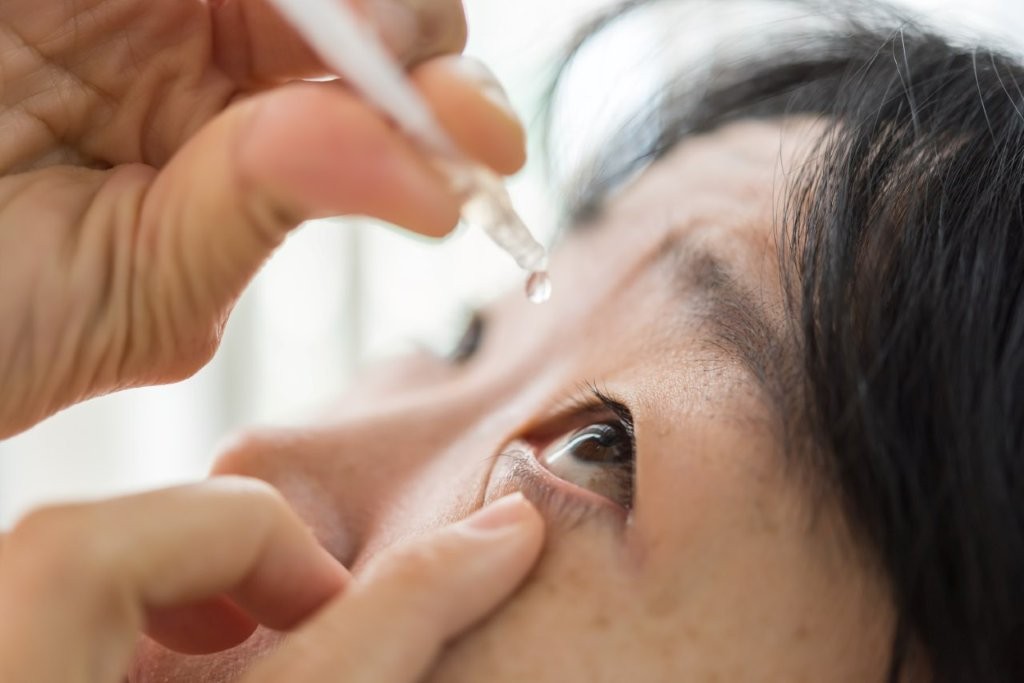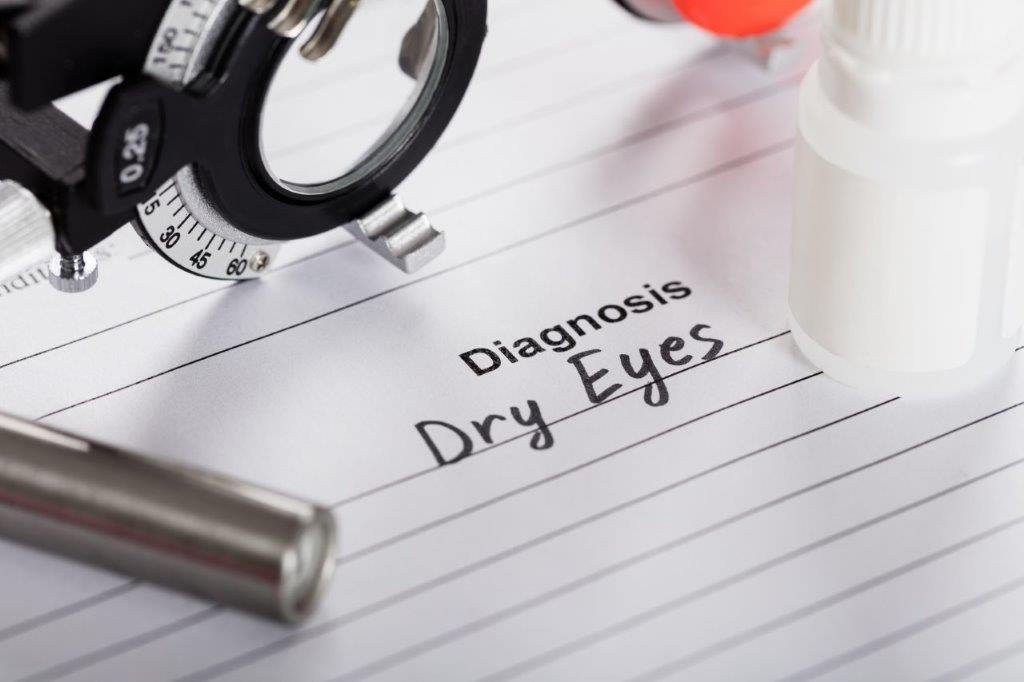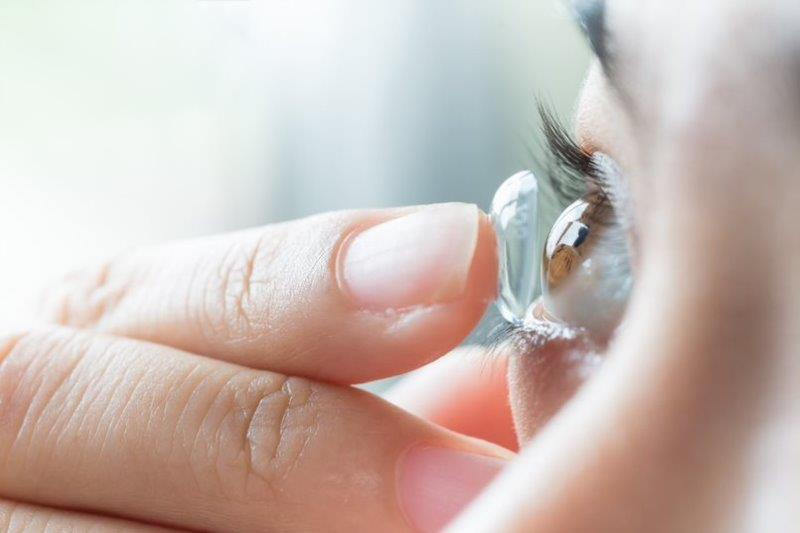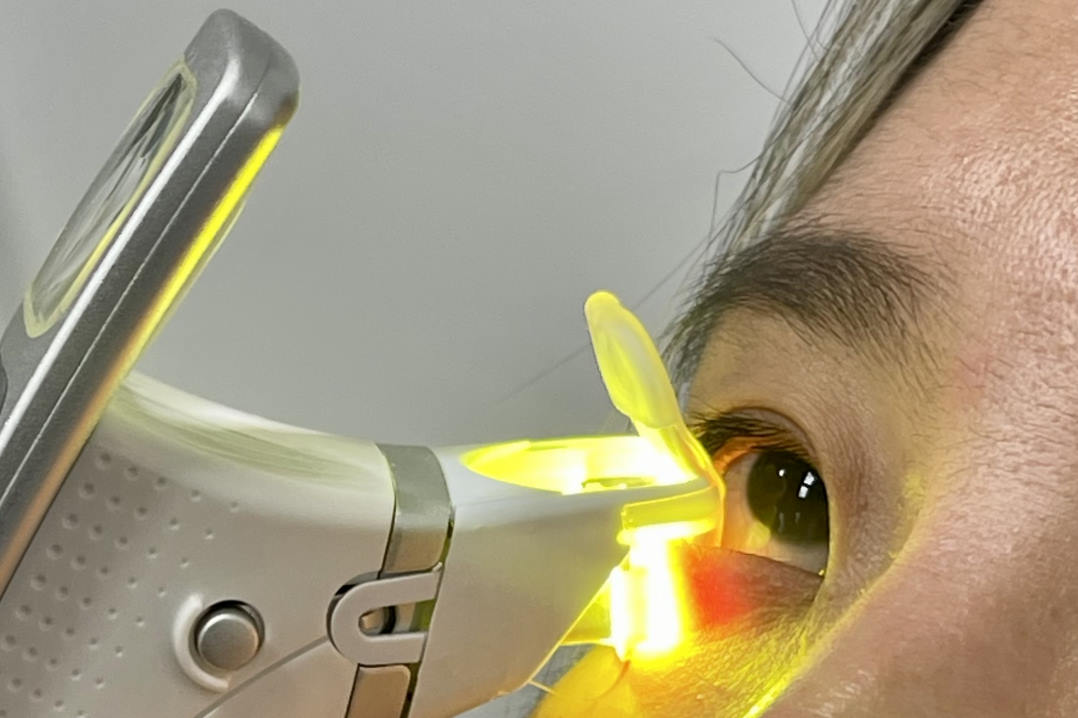Tracking dry eye trends in students over time
Young people are not immune to the effects of dry eye disease (DED)1. The average university student spends upwards of eight hours each day staring at screens while often running low on sleep. Therefore, it is no surprise that we are seeing a high number of students with DED2,3. But are these lifestyle factors solely to blame and what does this early onset mean for their future?
At the University of Auckland, fourth-year optometry students undertake a year-long research project as part of their honours degree. Since 2021, students have contributed to a growing longitudinal study, known as ‘i4ni’, which is investigating the incidence, natural history and risk factors of DED among their peers.
Each year, a new group of students joins i4ni, each bringing a fresh perspective. In 2025, six students are delving into topics ranging from clinical markers of inflammation associated with DED to subjective tear breakup time and unique patterns of meibomian gland loss, looking at how these change within the population and over time. Together, their work will offer a clearer view of the earlier stages of DED and its evolution, revealing a large proportion of students meeting the criteria for DED, with evidence pointing to a noticeable worsening in severity in as little as two years.
Left untreated, DED does not just cause discomfort it can interfere with concentration and impact long-term ocular health and quality of life. As we learn more about the early onset of DED, one thing becomes clear: prevention and awareness in younger patients is proving vital to improving outcomes later in life.
References
1. Stapleton F, Velez FG, Lau C, Wolffsohn JS. Dry eye disease in the young: A narrative review. Ocul Surf. 2024;31:11-20.
2. Muntz A, Turnbull PR, Kim AD, Gokul A, Wong D, Tsay TS-W, et al. Extended screen time and dry eye in youth. Cont Lens Anterior Eye. 2022;45:101541.
3. Wang MTM, Muntz A, Mamidi B, Wolffsohn JS, Craig JP. Modifiable lifestyle risk factors for dry eye disease. Cont Lens Anterior Eye. 2021;44:101409.

Jordan Cooper is an optometrist and PhD candidate with the OSL in the department of ophthalmology at the University of Auckland. His research interests include meibomian gland dysfunction, eyelid and blinking characteristics and dry eye disease.









